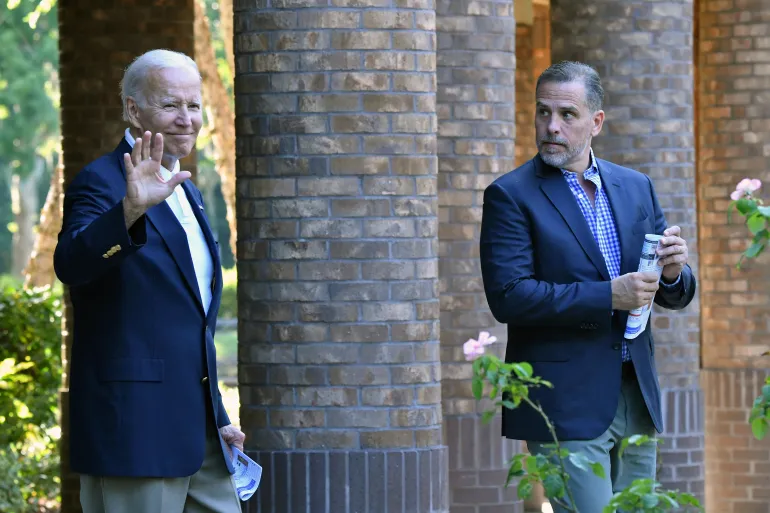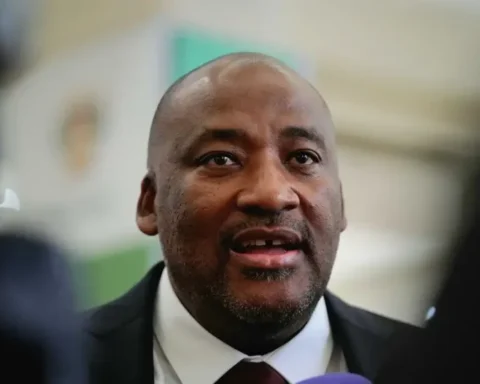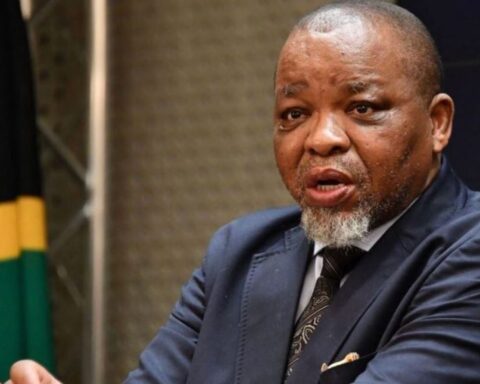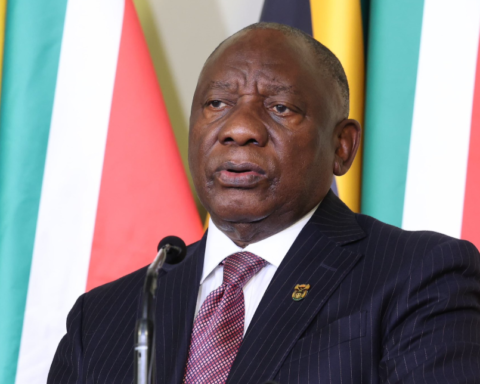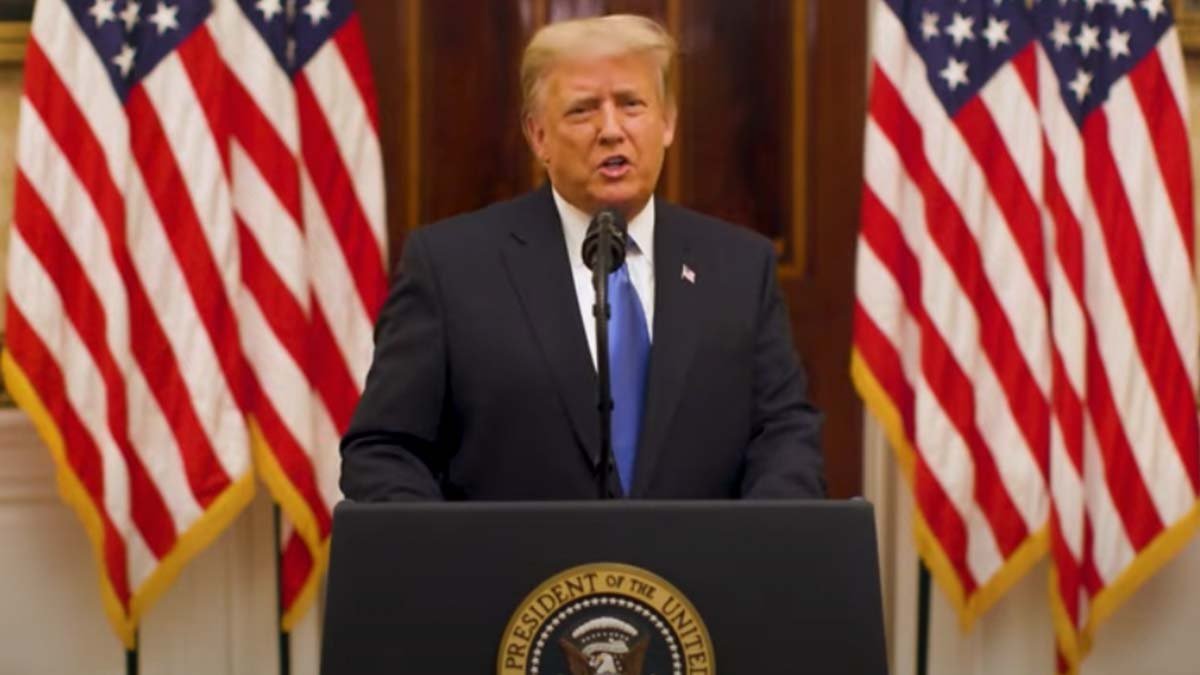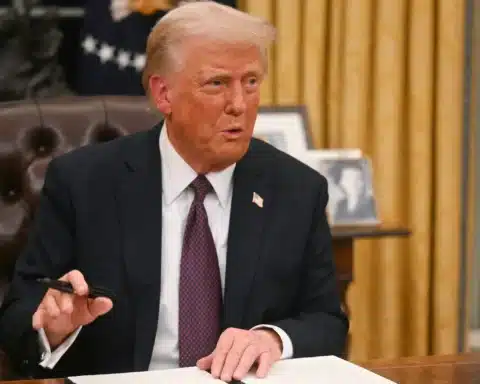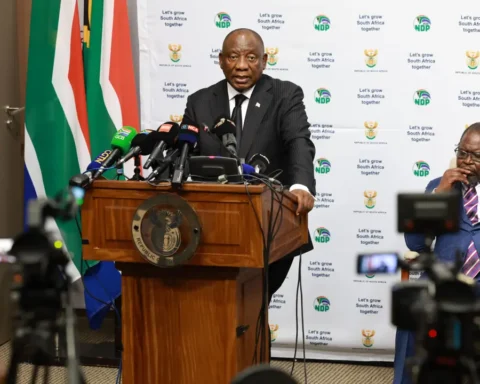US President Joe Biden has issued a pardon for his son, Hunter Biden, over tax and firearms convictions, breaking a prior pledge not to use his presidential authority to grant him clemency. Biden defended the decision, stating that his son had been “selectively and unfairly prosecuted” because of their family name, and citing what he called a politically motivated campaign against Hunter.
“There has been an effort to break Hunter who has been five and a half years sober, even in the face of unrelenting attacks and selective prosecution,” Biden said in a White House statement on Sunday. “In trying to break Hunter, they’ve tried to break me and there’s no reason to believe it will stop here. Enough is enough.”
Hunter Biden had faced serious charges, including making false statements on a gun purchase background check and failing to pay over $1.4 million in taxes. Without the pardon, he was expected to face sentencing for these crimes in the coming weeks, with the possibility of lengthy prison terms under federal guidelines. Biden argued that the charges, particularly regarding the gun form, were rarely prosecuted and described the entire case as a miscarriage of justice influenced by “raw politics.”
The pardon comes as President Biden nears the end of his term and as President-elect Donald Trump prepares to take office. Trump, who has faced multiple criminal investigations but avoided significant consequences, criticized Biden’s decision on his Truth Social platform. “Does the pardon given by Joe to Hunter include the J-6 Hostages, who have now been imprisoned for years?” Trump posted, referring to individuals convicted in connection with the January 6 Capitol riots. “Such an abuse and miscarriage of Justice!”
The decision has reignited debate about the independence of the U.S. justice system, already under scrutiny amid warnings that Trump plans to reshape federal law enforcement to target political opponents. Critics have pointed to the potential for political favoritism in the justice system, especially given past presidential pardons.
Biden’s pardon also drew comparisons to high-profile pardons issued by former presidents, including Trump himself. In the final days of his first term, Trump pardoned Charles Kushner, his son-in-law Jared Kushner’s father, who had been convicted of tax evasion, illegal campaign contributions, and witness tampering. Similarly, in 2001, former President Bill Clinton pardoned his half-brother, Roger Clinton Jr., who served time in the 1980s for attempting to sell cocaine to an undercover officer.
The former President acknowledged the controversy surrounding his decision, emphasizing that he did not come to it lightly. “Here’s the truth: I believe in the justice system, but as I have wrestled with this, I also believe raw politics has infected this process and it led to a miscarriage of justice,” Biden said. “Once I made this decision this weekend, there was no sense in delaying it further.”
The White House previously insisted Biden would not pardon his son, reiterating this stance as recently as November 8, when Press Secretary Karine Jean-Pierre told reporters: “Our answer stands, which is no.” Yet Biden’s announcement on Sunday marked a significant reversal. He further justified the move by pointing to the collapse of an earlier plea deal that had been approved by the Department of Justice but rejected by a judge following political outcry. “Had the plea deal held, it would have been a fair, reasonable resolution of Hunter’s cases,” Biden argued.
Hunter Biden, who has struggled with addiction, expressed gratitude for the clemency, calling it a chance to move forward.
